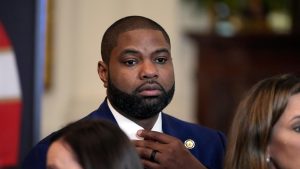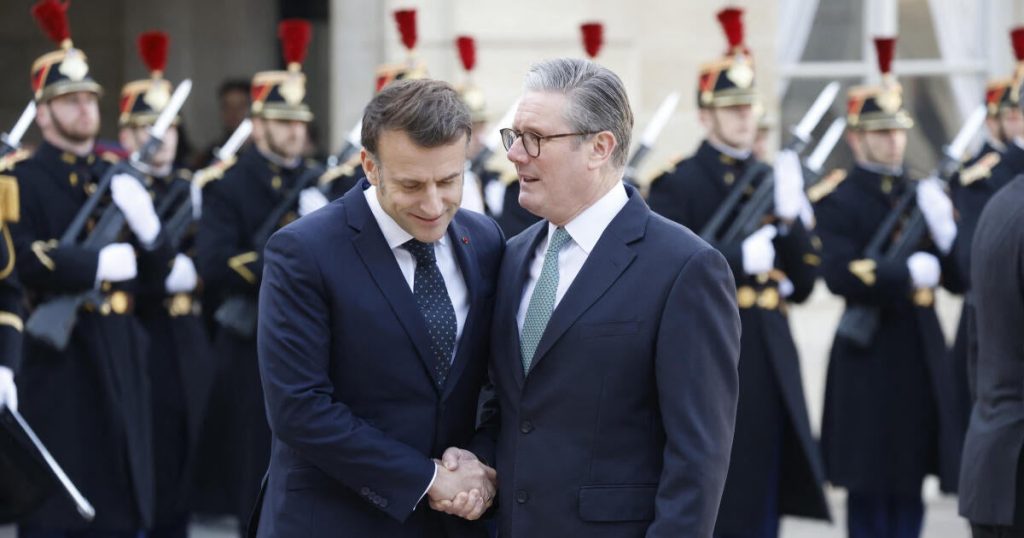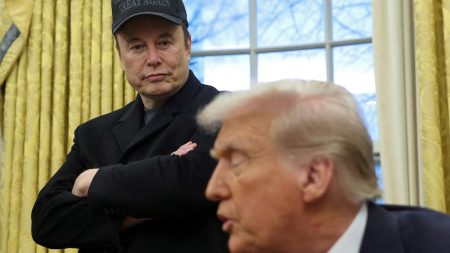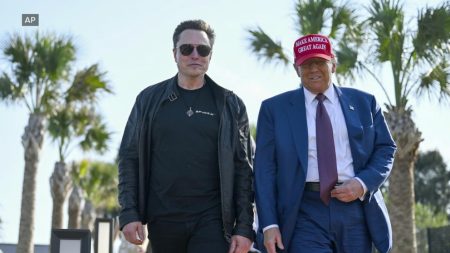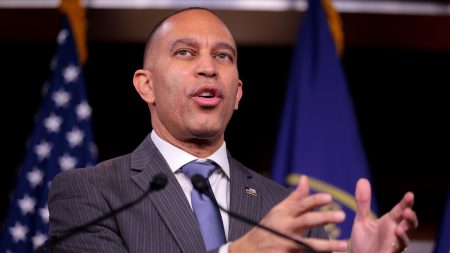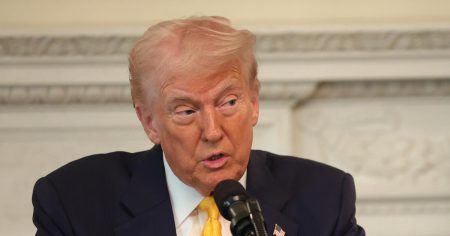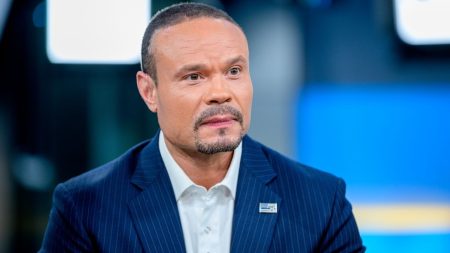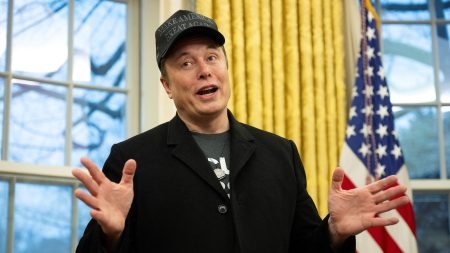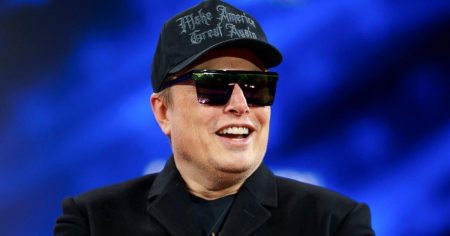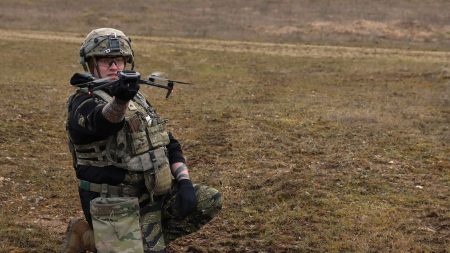European Leaders Unite in Paris to Address Ukraine Crisis and Security Concerns
European leaders convened in Paris on Monday for an emergency meeting to discuss the growing challenges posed by recent diplomatic moves by the Trump administration, particularly regarding the ongoing conflict in Ukraine. The gathering, which included heads of state from Poland, Germany, the United Kingdom, Denmark, the Netherlands, Spain, and representatives from the European Union, was prompted by U.S. Secretary of Defense Pete Hegseth’s announcement that the United States would be shifting its security priorities away from Europe. Additionally, President Trump’s decision to engage in unilateral talks with Russia aimed at ending the war in Ukraine raised significant concerns among European allies. The meeting underscored the urgency of addressing the escalating tensions and the potential implications for European security and stability.
The United Kingdom’s Stance: A Call for Collective Defense
Ahead of the meeting, British Prime Minister Keir Starmer made a significant announcement, revealing for the first time that the United Kingdom could deploy troops to Ukraine to support a potential peacekeeping mission. In a weekend editorial published in The Telegraph, Starmer emphasized the gravity of the situation, stating, “We are facing a once-in-a-generation moment for the collective security of our continent.” He argued that the conflict in Ukraine was not merely a regional issue but an existential question for Europe as a whole. The prime minister stressed that the U.K. was prepared to take a leading role in strengthening security guarantees for Ukraine, including providing additional military support and, if necessary, deploying British troops as part of a peacekeeping force.
While acknowledging the weight of such a decision, Starmer reiterated that any role in securing Ukraine’s safety would ultimately contribute to the security of the entire continent and the United Kingdom itself. He also emphasized the importance of continued U.S. support, stating, “A U.S. security guarantee is essential for a lasting peace.” Starmer’s remarks were followed by confirmation from a British official that the prime minister would visit Washington later in the month, making him the first European leader to meet President Trump in person since the latter’s return to the White House.
Sweden Signals Willingness to Contribute to Peacekeeping Efforts
Sweden also expressed its readiness to participate in peacekeeping efforts in Ukraine, with Foreign Minister Maria Malmer Stenergard highlighting the need for a negotiated peace that respects international law and prevents Russia from regrouping and launching future attacks. In a radio interview, Stenergard stated, “When we have such a peace in place, it will need to be maintained, and for that, our government is not ruling out anything.” While Sweden did not commit to specific troop deployments, its willingness to consider such measures reflects the broader European recognition of the need for a unified approach to addressing the crisis.
Mixed Responses from Other European Leaders
Not all European leaders were willing to make explicit commitments regarding troop deployments. While some, like Starmer, embraced the idea of direct military involvement, others expressed caution, arguing that discussions about peacekeeping forces were premature. Poland’s Prime Minister Donald Tusk, for instance, ruled out sending Polish troops to Ukraine, despite his country’s geographic proximity to the conflict. Tusk instead emphasized the need for increased European defense spending, warning that failing to invest in security now could lead to far greater costs in the future if a wider war were to erupt. “If we, Europeans, fail to spend big on defense now, we will be forced to spend 10 times more if we don’t prevent a wider war,” he wrote on social media.
A Call to Action for European Defense Spending
Tusk’s remarks resonated with many in attendance, as the meeting highlighted the growing pressure on European nations to take greater responsibility for their own defense. The U.S. decision to shift its security priorities has left many in Europe feeling exposed and vulnerable, particularly as Russia continues to assert its influence in the region. The Paris summit served as a clarion call for European leaders to reassess their defense strategies and increase their military spending to ensure collective security.
The Road Ahead: Unity and Strategic Coordination
The meeting in Paris underscored the deepening divide between Europe and the United States on matters of security and diplomacy. As President Trump pursues unilateral talks with Russia, European leaders are increasingly aware of the need to present a united front in addressing the Ukraine crisis. While there were no major breakthroughs or formal agreements announced during the summit, the gathering served as a critical step in fostering dialogue and coordination among European allies. The coming weeks and months will be crucial in determining whether Europe can collectively rise to the challenge of securing its own future, or whether the shifting geopolitical landscape will leave the continent vulnerable to further instability.


